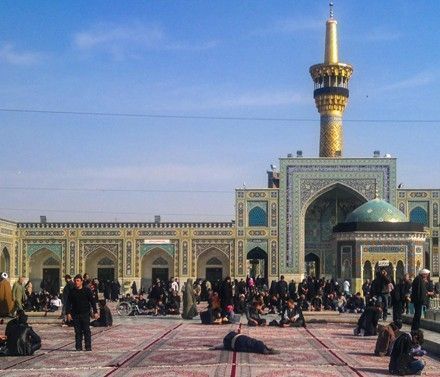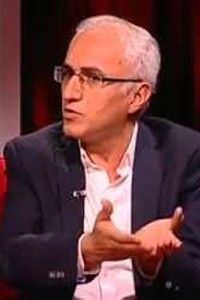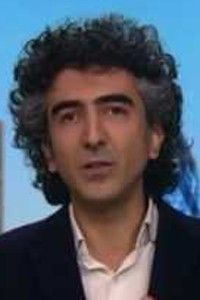By Sam Ghafarzadeh, Economic Analyst
The recent protests in Iran, which started on December 28, 2017 in Mashhad, the holiest and second largest city of Iran, spread rapidly across the nation for more than a week, causing shockwaves inside, and outside, the country. After a month of protests, several analyses by experts on Iran have been aired, each offering different perspectives about the volatility on the streets but an important viewpoint is missing: an unspoken interpretation by so-called Iranian ‘champagne socialists’ – members of the elite who champion Left-wing ideology.

At the heart of the recent protests were young and low-income individuals rising up against economic hardship, corruption, discrimination and inequality. Their involvement set the protests apart from previous clashes. The 2009 post-election protests referred to as the “Green Movement” were mainly driven by the middle class, which was not keen to support the working classes. The causes of the recent protests therefore make the uprising unique, but the absence of a new generation of Left-wing Iranians who are influential opinion-makers is equally important.
Historically, the Left has always been the voice of the working class and it was they who led strikes, rallies and other types of protests. However, the majority of Iranian Leftists, particularly the new generation who typically live in large cities and study abroad, appear to have more in common with regime-affiliated moderate groups, or reformists, than their campaigning predecessors.
Rather than joining the protesters this time, this demographic actively tried to convince protesters to stay calm and find peaceful ways to raise their concerns. Even radical Leftists, who represent all that remains of the 1970s socialist movement in Iran, appear to have virtually no influence on the next generation of socialists in Iran. They were slow to respond to the clashes too: it was almost three weeks after they had started before a statement about the protests was released.
The new generation of Left-wing Iranians hold the revolutionary socialists of 1960s and 1970s up as their heroes. However, unlike their predecessors, they have elected to avoid radical action, even in support of the poorest in society.

This new approach can be seen in Iran’s current influencers, like Yousef Abazari, a Sociology professor at the University of Tehran, who is very popular amongst Iran’s new generation of socialists. Reacting to the recent demonstrations, he chose to humiliate the protesters and referred to them “as kids who know nothing about contemporary history”.
Abazari’s plain speaking and often controversial viewpoints – including thoughts ranging from the “Pahlavi government being a bloodthirsty and murderous regime,” to criticism of the Islamic Republic for not letting Iranian youth know about their history – are admired by his numerous fans. Abazari’s comments about the Pahlavi government were a response to protesters chanting in favour of the Pahlavi family during the demonstrations.
Ironically, none of Abazari’s criticisms addressed the current regime’s failings, which were at the heart of the protests. Abazari then, is typical of the new Iranian Left: supportive of anti-establishment actions, like those which led to the Revolution in 1979 but unwilling, or unable, to take a similar approach against the Islamic Republic.

London-based Ali Alizadeh is another such influencer. Referring to himself as a ‘Philosophy Tutor’ on his Twitter account, he’s been introduced on the BBC and VOA Persian variously titled as political activist, political analyst, and philosophy researcher. Alizadeh’s contributions to BBC Persian have given him a high profile, especially among young Iranians. He has also commented on the recent protests, suggesting that they were a threat to Iran’s national security, a discourse which is in harmony with what intelligence services in Iran also claim. In what appears to be a trait amongst Iranian influencers today, Alizadeh uses language that is controversial and crude. He has called an American Republican senator “filthy,” and a senior member of the Foundation for Defense of Democracies a “savage”, and although on the surface he appears to be concerned about security issues, he never comments about those fighting against the Iranian regime’s injustices.
It is hard to determine whether this kind of behaviour is a shift in tactics, strategy or belief. What is clear though, is that today’s Left in Iran, is in part made up of a generation of young socialists who seem to be searching for another way.

